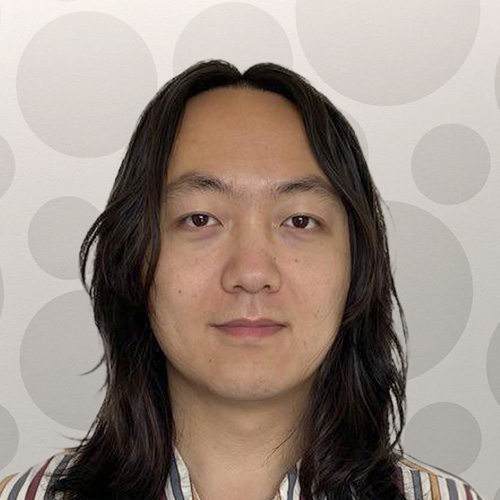
Tianxiao (August) Hao
Senior Research Officer
B-ENVS MSc PhD
tianxiao.hao@thekids.org.au
August is an infectious disease modeller currently working on a range of projects involving COVID-19 and malaria. He has a background in ecological and biogeographical modelling, and is interested in modelling various types of spatial patterns in the biological world. His work has a strong focus on modelling techniques and methods that can be applied to a broad range of uses. Prior to starting his current role as an infectious disease modeller, his research focused on testing the predictive accuracy of ensemble modelling when modelling species distributions, and on using latent variable models to predict the distribution of fungi, and group them into similar environmental types, in one simultaneous step.
Since 2021, August has contributed to the weekly COVID-19 Situational Assessment report commissioned by the federal government, and helped develop models for monitoring the epidemic trajectory of COVID-19 in Australia. He has recently embarked on projects involving malaria, and is interested in modelling the spread of non-native malaria vector mosquitoes, and the spread of antimalarial drug resistance, in malaria endemic regions.
Published research
Predicting immune protection against outcomes of infectious disease from population-level effectiveness data with application to COVID-19
Quantifying the extent to which previous infections and vaccinations confer protection against future infection or disease outcomes is critical to managing the transmission and consequences of infectious diseases. We present a general statistical model for predicting the strength of protection conferred by different immunising exposures (numbers, types, and strains of both vaccines and infections), against multiple outcomes of interest, whilst accounting for immune waning.
Education and Qualifications
- Doctor of Philosophy, University of Melbourne
- Master of Science (BioSciences), University of Melbourne
- Bachelor of Environments (Environmental Science), University of Melbourne
